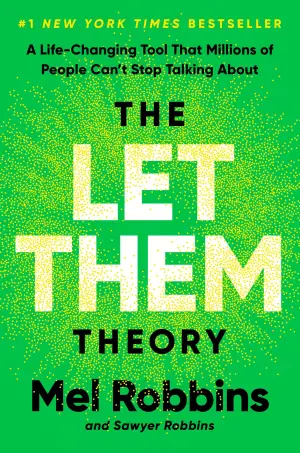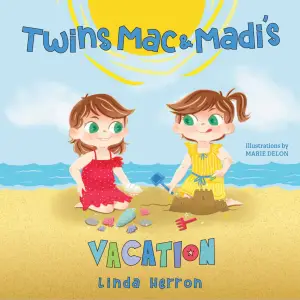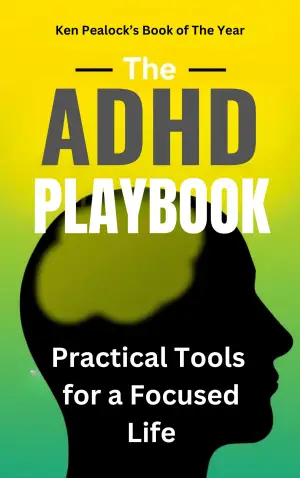El peligro de estar cuerda: A Dance with Madness
Rosa Montero’s El peligro de estar cuerda captured my attention from the moment I stumbled upon its intriguing title. An exploration of the fine line between sanity and madness, Montero’s work resonates deeply with anyone who has experienced the tumultuous waves of creativity intertwined with emotional chaos. It feels personal, as if she’s inviting us into a conversation on the complexities of mental health, the creative process, and the innate human struggle against the inexorable passage of time.
In this book, Montero weaves a tapestry of literary references and personal reflections that challenges the reader to ponder profound questions about existence. The key theme revolves around the theory that creativity is inextricably linked to a certain degree of madness. This idea, echoed through the words of literary giants like Sylvia Plath and F. Scott Fitzgerald, creates a haunting yet illuminating atmosphere. As I read, I couldn’t help but feel an electrifying connection to her assertion: “Todos vemos, con clareza, que escribir salva.” Writing, indeed, can be a lifeline when the nights seem endless and haunting.
Montero’s conversational style is enchanting. She directly addresses the reader, making it feel less like a formal read and more like an intimate discussion over coffee. Her prose is cultured yet familial, filled with an expansive literary backdrop that serves both as witness and corroboration to her thoughts. I was especially drawn to how she reflects on figures like Lucia Berlin and Janet Frame, portraying them not as mere anecdotes of tragedy but as complex characters navigating their own stormy seas.
The pacing of the book, punctuated by Montero’s candid anecdotes, creates a rhythm that keeps the pages turning. Her exploration of the psychological struggles faced by writers—those who battled with their demons under the weight of societal expectations and personal turmoils—hit home. I found myself nodding along, feeling seen in her words. The literary references act as a mirror to the human experience of grappling with existence, further deepening my engagement with her narrative.
One particularly memorable line struck a chord: “Torno-me louco com longos períodos de pavoroso juízo.” This reflection echoed my own encounters with self-doubt and existential pondering, making the notion of ‘madness’ feel less daunting and more relatable—a dance we all engage in, to varying degrees.
Through El peligro de estar cuerda, Montero encourages us to embrace the beautiful chaos of life. It’s a profound reminder that vulnerability and imperfection are parts of our shared experience. This book is for writers, readers, and anyone who has wrestled with their own thoughts and insecurities. Montero’s reflection is not just a memoir; it’s an empowering call to embrace our complexities, to accept the chaos, and to find beauty amidst the turmoil.
In closing, reading Montero’s deeply personal narrative left me both introspective and uplifted. It’s a courageous exploration of mental health framed through the lens of creativity, perfect for those who are intrigued by the intricate dance between genius and madness. If you’re ever in need of a companion to navigate the sometimes turbulent waters of your own psyche, look no further than El peligro de estar cuerda. It might just pave the way for your own dance with the wild and unpredictable heart of creativity.
Discover more about El peligro de estar cuerda on GoodReads >>













